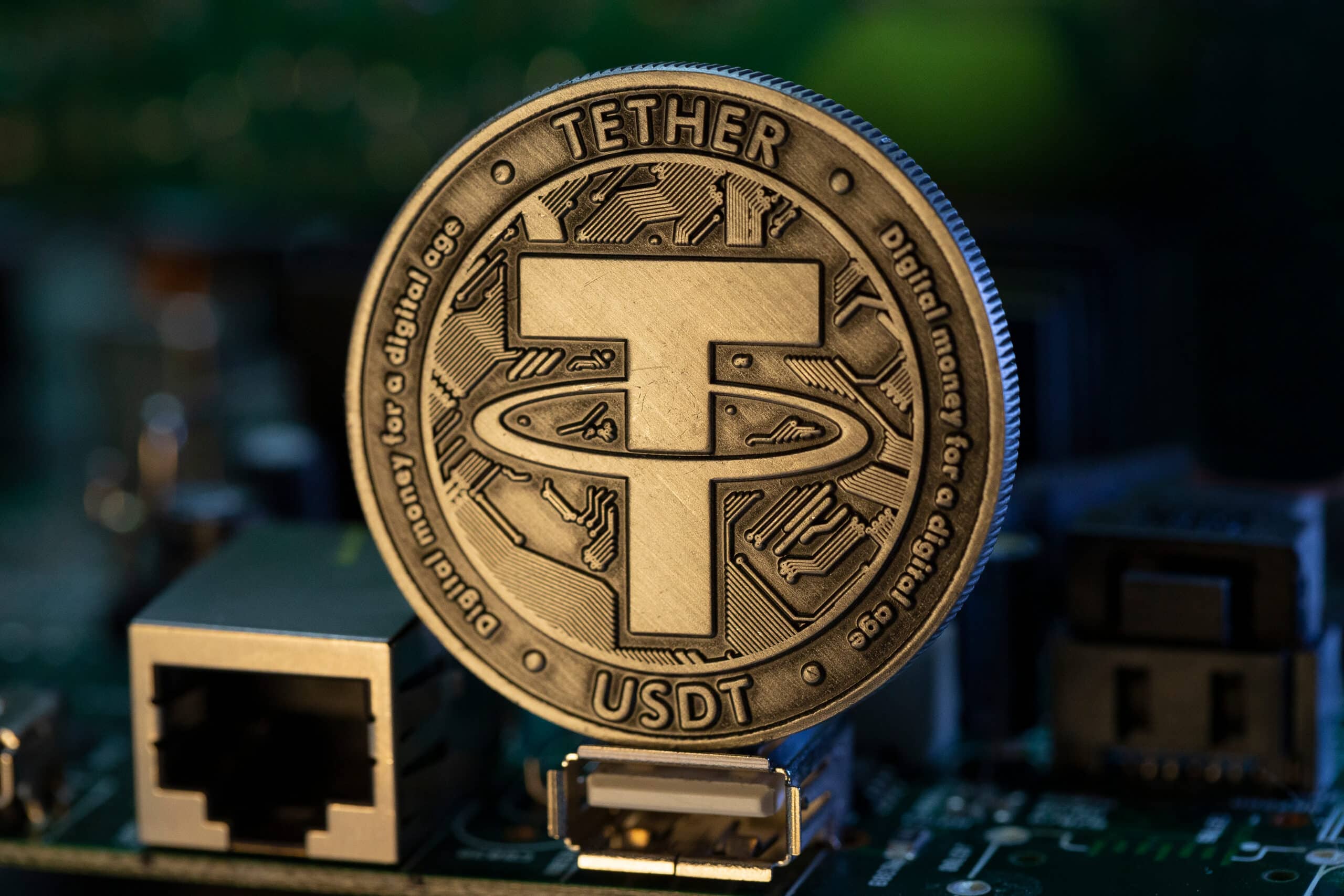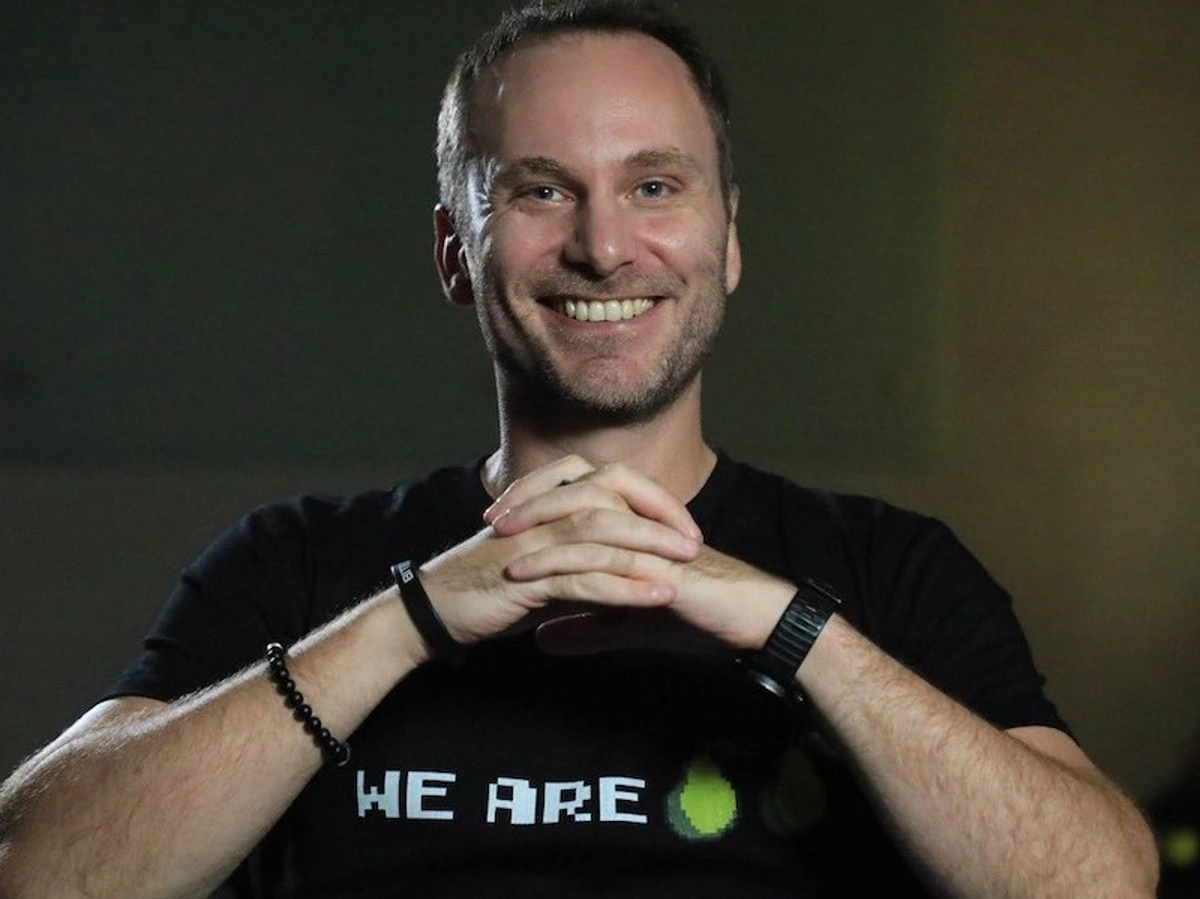In a striking declaration, Paolo Ardoino, CEO of Tether, the world’s largest issuer of stablecoins, expressed his concerns regarding the United States’ current approach to cryptocurrency regulation. During a virtual appearance at the DC Fintech Week conference on October 22, Ardoino claimed that the US is “dropping the ball” on crypto regulations, a sentiment echoed by many in the rapidly evolving digital finance landscape. However, he remains optimistic that this situation will change, particularly following the upcoming November elections.
Here's ads banner inside a post
“There is no place like the US,” Ardoino stated emphatically. “The US has always been leading the technological development in every single field.” His remarks highlight a stark contrast between the nation’s historical role as a pioneer in technology and its current struggle to establish coherent regulations for the burgeoning crypto sector. Ardoino noted that this is the first time he has witnessed such a significant lag in regulatory development, particularly in an area that has the potential to reshape financial systems globally.

Here's ads banner inside a post
The Call for Change
The urgency for clear crypto regulations in the US has intensified, especially as the crypto industry finds itself navigating a patchwork of outdated financial regulations that do not adequately address the nuances of digital currencies. Ardoino emphasized that the absence of specific laws has led to significant challenges for the industry, including a noted exodus of crypto firms seeking more favorable regulatory environments abroad.

“There is a clear need for sensible crypto regulations,” Ardoino continued, asserting that the next administration must prioritize this issue. He expressed hope that regardless of the election outcome, new regulations will emerge that not only foster innovation but also protect end-users. “Whoever will win the elections, I think it is very, very important that crypto regulation, sensible crypto regulations, and stablecoin regulations will come to fruition,” he stated.
Here's ads banner inside a post

Ardoino’s perspective underscores the broader sentiment among US crypto advocates who believe that without proactive regulatory measures, the country risks falling behind other nations that have embraced cryptocurrency with open arms.

Financial Implications of Regulation
In his speech, Ardoino highlighted the significant financial implications of crypto regulations, particularly for communities that have historically lacked access to stable financial services. He pointed out that Tether’s USDt stablecoin has become a crucial financial tool for millions of individuals worldwide who do not enjoy the same economic opportunities as those living in the US and Europe. “Tether is very much the lifeline for hundreds of millions of people,” he asserted, emphasizing the importance of regulatory clarity in sustaining this role.

The Investment Landscape and Political Influence
As the November elections approach, the US crypto sector is making its voice heard, investing heavily to influence the outcome. Reports indicate that crypto-related organizations have spent over $130 million this election cycle, primarily backing Republican candidates in competitive Senate and House races. This influx of funding reflects the urgency with which the industry is seeking to secure a favorable regulatory landscape.
Notable political figures, including Donald Trump, have recognized the potential of cryptocurrency within their campaign promises. Trump’s advocacy for crypto-friendly laws resonates with his base, while Kamala Harris, the Democratic vice-presidential candidate, has also shown support for crypto initiatives, especially as they relate to engaging minority voters.
A Commitment to Transparency
Beyond advocating for regulatory change, Ardoino emphasized Tether’s commitment to transparency and compliance, particularly following past controversies. The company faced scrutiny from the US Commodity Futures Trading Commission in 2021, which led to a $41 million fine due to misleading statements regarding the backing of its USDt token. Ardoino acknowledged that Tether has historically struggled to communicate its compliance efforts effectively. “Tether has always been a force of compliance,” he said, reinforcing his commitment to enhancing the company’s transparency going forward.
In the wake of regulatory challenges, Ardoino expressed a desire to foster better communication with both regulators and the public. He stated, “I want to be open and want to be transparent about that, about the issues. I think communication and transparency are truly important, and we are actually doubling down on that.” This shift towards greater openness reflects a strategic pivot for Tether, aiming to rebuild trust and reinforce its position within the digital asset ecosystem.
Looking Ahead
As the US grapples with its regulatory approach to cryptocurrency, the insights from Ardoino and other industry leaders highlight the urgent need for sensible legislation. With the elections on the horizon, the crypto community is poised for potential shifts that could reshape the regulatory landscape. If Ardoino’s hopes come to fruition, the US may soon reclaim its leadership role in the global crypto economy, paving the way for innovative solutions that can benefit millions of users around the world.
In conclusion, the future of cryptocurrency regulation in the United States hangs in the balance as stakeholders await the outcomes of the upcoming elections. The call for a more robust regulatory framework resonates loudly, driven by a collective desire to foster growth, innovation, and, most importantly, consumer protection in this dynamic financial landscape. The next few months will be crucial as the US decides whether to embrace the digital revolution or continue lagging behind.





